About the America@250 Initiative
The America@250 Initiative is designed to help strengthen the civic fabric of our communities by bringing people together to connect and reflect on this momentous occasion.
PBS Wisconsin, Wisconsin Public Radio and partners are pleased to host America@250, a statewide initiative inspired by THE AMERICAN REVOLUTION, a series on America’s founding struggle produced by Florentine Films and WETA Washington, DC, and directed by Ken Burns, Sarah Botstein and David Schmidt. In the run up to July 4, 2026, PBS Wisconsin, Wisconsin Public Radio and partners will share resources to help Wisconsin communities and classrooms connect and reflect on themes from The American Revolution Era – freedom, democracy and service – that still resonate today.
Through the America@250 Initiative, PBS Wisconsin and partners are providing $500 Community Conversation grants, discussion guides with questions and video clips from THE AMERICAN REVOLUTION, and other resources and events, including a two-day civic education summit for 3rd- to 12th-grade civics and history educators. Along the way we’ll be capturing participant perspectives on America@250 and sharing them on our platforms.
America@250 Engagement Partners
The Wisconsin Historical Society is a state agency and membership organization dedicated to collecting, preserving, and sharing the history of Wisconsin and North America. It’s one of the oldest, largest, and most active historical societies in the nation. In addition to partnering with us for our America@250 engagement efforts, the Wisconsin Historical Society also supports PBS Wisconsin Education resources and professional learning, providing information about 250th events and programs plus helpful publications and other resources for members of the public, educators, and local history affiliates.
The Wisconsin Veterans Museum, located in downtown Madison on the Capitol Square, is an educational institution dedicated to recognizing, commemorating and affirming the role of Wisconsin veterans in the United States military, past and present.
The Center for Community and Nonprofit Studies is a center for community-engaged teaching, research, and outreach at UW-Madison. The center is home to the Civic Health of Wisconsin Initiative, a non-partisan initiative which informs, promotes, and supports civic health efforts across Wisconsin.
America@250 Engagement Supporters
PBS America@250 is a multiyear celebration of U.S. history, culture, and children’s programming. As part of the largest national and local engagement effort in its history, PBS member stations will pay homage to the country’s founding with nationwide events.
The American250 Wisconsin Commission is the state-level partner for the national America250 commission, which aims to deepen understanding of our history, democratic process and each other through education, increasing engagement in our communities and governing affairs, and fostering unity that includes the “many” Americans in our “one” nation.
Other Civics Resources and Networks
The Wisconsin Civic Learning Coalition brings together stakeholders from across the state to strengthen nonpartisan civics and government education in schools. The Coalition aims to support schools and teachers at all levels in preparing students to be effective participants in all aspects of civic life.
The Wisconsin Council for the Social Studies is a nonprofit professional organization of social studies educators with a mission to promote social studies and the professional growth and development of educators which, in turn, will help young people develop the ability to make informed and reasoned decisions for the public good as citizens of a culturally diverse, democratic society in an interdependent world.
Urban Rural Action is a national organization that brings Americans together across divides to tackle our country’s most urgent challenges. UR Action supports facilitation of America@250 Community Conversations, and their Uniting for Action Program in Southeastern Wisconsin brought together community members across lines of difference to build social cohesion, strengthen collaboration skills, and implement locally-led initiatives to address targeted violence.
About ‘The American Revolution’
The American Revolution was at once a war for independence, a war of conquest, a civil war, and a world war, fought by neighbors on American farms and between global powers an ocean or more away. It impacted millions from Vermont’s Green Mountains to the swamps of South Carolina, from Indian Country to the Iberian Peninsula. In defeating the British Empire and giving birth to a new nation, The American Revolution turned the world upside down. Thirteen colonies on the Atlantic Coast united in rebellion, won their independence, and established a republic that still endures. THE AMERICAN REVOLUTION, our six-part, twelve-hour series on America’s founding struggle, will present the story of the men and women of the Revolutionary generation, their humanity in victory and defeat, and the crisis that they lived through. By weaving together accounts of American political leaders and their British counterparts with the perspectives of the so-called “ordinary people” who waged and witnessed war, THE AMERICAN REVOLUTION will be an expansive, evenhanded look at the virtues and the contradictions in the fight for independence and the birth of the United States.
THE AMERICAN REVOLUTION is a production of Florentine Films and WETA Washington, D.C. Directed by Ken Burns, Sarah Botstein and David Schmidt. Written by Geoffrey C. Ward. Produced by Sarah Botstein, David Schmidt, Salimah El-Amin and Ken Burns. Edited by Tricia Reidy, Maya Mumma, Charles E. Horton, and Craig Mellish. Co-Produced by Megan Ruffe and Mike Welt. Cinematography by Buddy Squires. Narrated by Peter Coyote. The executive in charge for WETA was John F. Wilson (who passed away in November of 2024). Executive producer is Ken Burns.
Funding for 'The American Revolution'
Corporate funding for THE AMERICAN REVOLUTION was provided by Bank of America. Major funding was provided by The Better Angels Society and its members Jeannie and Jonathan Lavine with the Crimson Lion Foundation; and the Blavatnik Family Foundation. Major funding was also provided by David M. Rubenstein; The Robert D. and Patricia E. Kern Family Foundation; Lilly Endowment Inc.; and the following Better Angels Society members: Eric and Wendy Schmidt; Stephen A. Schwarzman; and Kenneth C. Griffin with Griffin Catalyst. Additional support for THE AMERICAN REVOLUTION was provided by: The Arthur Vining Davis Foundations; The Pew Charitable Trusts; Gilbert S. Omenn and Martha A. Darling; Park Foundation; and the following Better Angels Society members: Gilchrist and Amy Berg; Perry and Donna Golkin; The Michelson Foundation; Jacqueline B. Mars; Kissick Family Foundation; Diane and Hal Brierley; John H. N. Fisher and Jennifer Caldwell; John and Catherine Debs; The Fullerton Family Charitable Fund; Philip I. Kent; Gail Elden; Deborah and Jon Dawson; David and Susan Kreisman; The McCloskey Family Charitable Trust; Becky and Jim Morgan; Carol and Ned Spieker; Mark A. Tracy; and Paul and Shelley Whyte. THE AMERICAN REVOLUTION was made possible, in part, with support from the Corporation for Public Broadcasting.
 Passport
Passport




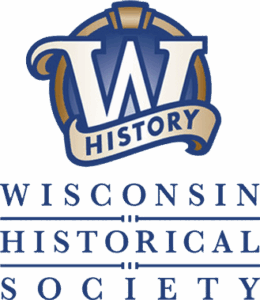
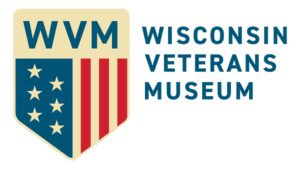
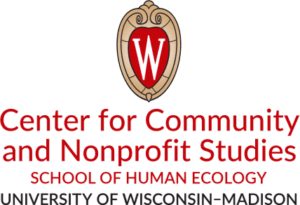

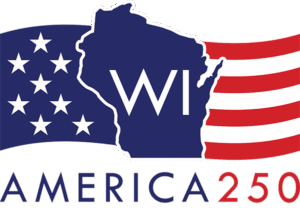
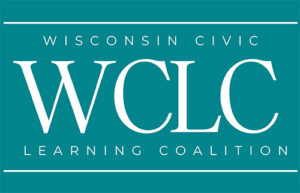
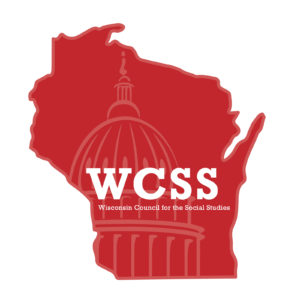
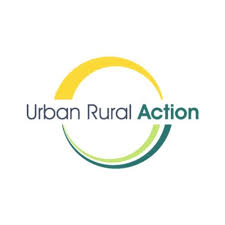

Follow Us